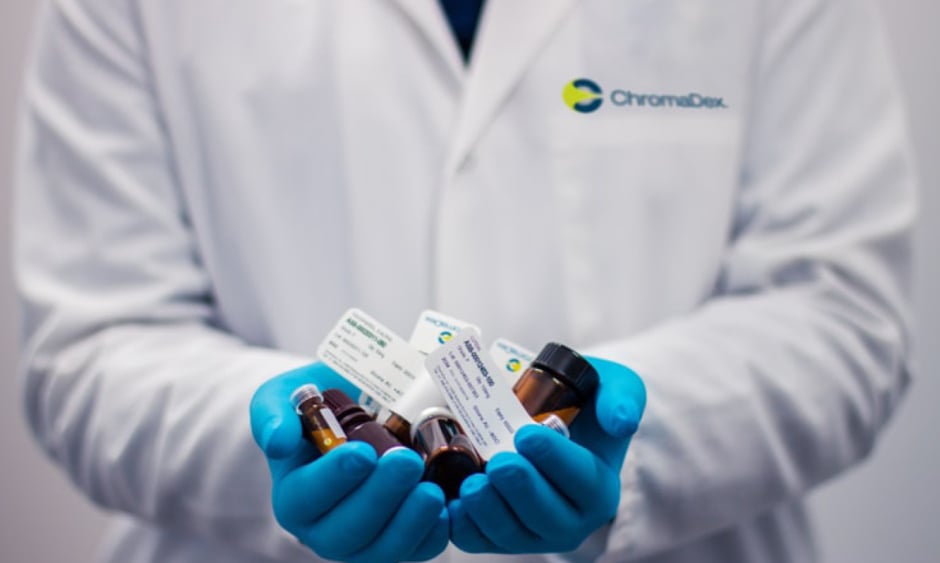COLONIC EXAMINATIONS could see a change with the advent of a miniature robotic capsule which could remove the need for invasive and painful endoscopies. The Sonopill device is the product of a decade of work and recently underwent a feasibility test that showed promising results for the future of gastrointestinal disease screening. The team of engineers and scientists found that it is technically possible to take micro-ultrasound images inside the colon by guiding the tiny robot.
Sonopill is 39 mm in length with a diameter of 21 mm, but the engineers have said they will be able to scale this down further. It contains a micro-ultrasound transducer, a camera, an LED light, and a magnet. The capsule is tethered to a tiny, flexible cable which is inserted into the rectum and sends images to a computer. The capsule was tested in laboratory models and pigs.
The researchers use a technique called intelligent magnetic manipulation: the capsule contains a magnet which is manipulated by several magnets on a robotic arm which, when passed over the patient, interacts with and manoeuvres the device through the patient. To gain the highest quality micro-ultrasound images, a system using artificial intelligence positions the capsule against the gut wall.
Senior author on the paper Professor Pietro Valdastri, Chair in Robotics and Autonomous Systems, University of Leeds, Leeds, discussed the study: “The platform is able to localise the position of the Sonopill at any time and adjust the external driving magnet to perform a diagnostic scan while maintaining a high quality ultrasound signal. This discovery has the potential to enable painless diagnosis via a micro-ultrasound pill in the entire gastrointestinal tract.”
Micro-ultrasound images are superior in the identification of some cell changes that are linked to cancer. The use of these magnetic forces is harmless and can be sent through human tissue, eradicating the need for a physical link between the capsule and the robotic arm manoeuvring it.
Lead researcher Sandy Cochran, Professor of Ultrasound Materials and Systems, The University of Glasgow, Glasgow, discussed the promising implications of the study: “We hope that in the near future, the Sonopill will be available to all patients as part of regular medical check-ups, effectively catching serious diseases at an early stage and monitoring the health of everyone’s digestive system.”








